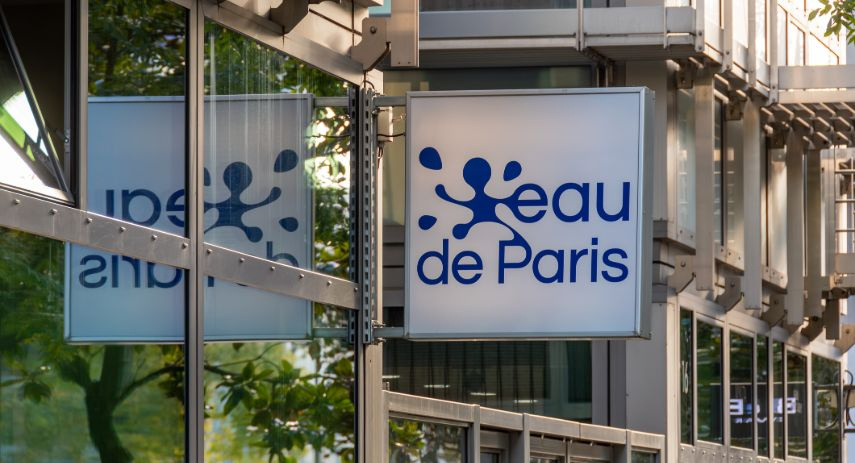
Eau de Paris/Paris Water Observatory
advisory body, inclusive board structures
The Paris Water Observatory advises and holds to account Paris’ public water operator: Eau de Paris. It includes a wide range of water users and other representatives. The Observatory also has a voting seat on Eau de Paris’ board.
Establishment of the Observatory as part of a move back to public ownership
Following 25 years of increasing prices and minimal investment under a privately managed water system, the municipality of Paris took water back into public hands in 2008. But their intention was broader than simply improving the water system. The municipality of Paris also sought to promote transparency and participation.
As well as transferring all water services to a newly set-up public operator, Eau de Paris, the municipality also set up an advisory and accountability body, Paris Water Observatory: a commission of civil society representatives with a significant role in the running of the operator.
Participatory advice and inclusive board structures
The Observatory is a participatory body made up of representatives of water users, including housing management agencies, consumer associations, tenants’ associations, trade unions, environmental associations, council members, and academics. Its aim is to support the municipality in defining and implementing its water policy, as well as being a link between citizens and the municipality on water issues.
Although the Observatory does not have decision making powers itself, it has a voting seat on the board of Eau de Paris, which has an inclusive board structure, combining different perspectives and expertise to ensure that public, private and community interests are met. The Board of Directors is composed of elected officials from the municipality, employee representatives, and representatives from civil society (including one from the Paris Water Observatory) on a voting basis, as well as two experts in consultative roles.
Transparency as a core principle
The Observatory also has a great deal of transparency, allowing it to hold the board and the wider company accountable to the people of Paris. All acts, reports and official proceedings related to water management must be submitted to the Observatory before they are considered by the Paris Council. For example, Eau de Paris and the municipality of Paris have a signed Memorandum of Understanding (MOU) framework agreement to evaluate the water service. This is continually monitored through regular meetings between Eau de Paris and the municipality, as well as an annual activity report submitted to the Council of Paris. The Observatory reviews such reports, as well as the MoU itself.
Reinvestment of profit into the water services
The results of this change in governance model have been impressive. Annual profit, estimated at 35 million euros per year, is totally reinvested in the water services, rather than paid to private shareholders, and water bills have been cut by 8%. The shift in focus from profit-maximisation to public value creation has also allowed Eau de Paris to pursue wider social and democratic objectives, for example, they have an active policy facilitating water access for poorer households, homeless people, migrants and refugees. They also take a longer-term view, engaging citizens in their new participatory budget, pioneering water catchment protection policies by working with farmers upstream, and founding a network of European public water operators to amplify their voices across the continent.
Sources
https://www.tni.org/en/article/paris-local-authorities-regain-control-of-water-management
https://research.ncl.ac.uk/media/sites/researchwebsites/gobacit/Anne%20Le%20Strat.pdf
https://neweconomics.opendemocracy.net/privatised-water-system-failed-time-look-alternatives/
https://www.tni.org/files/download/ourpublicwaterfuture-07_chapter_five.pdf